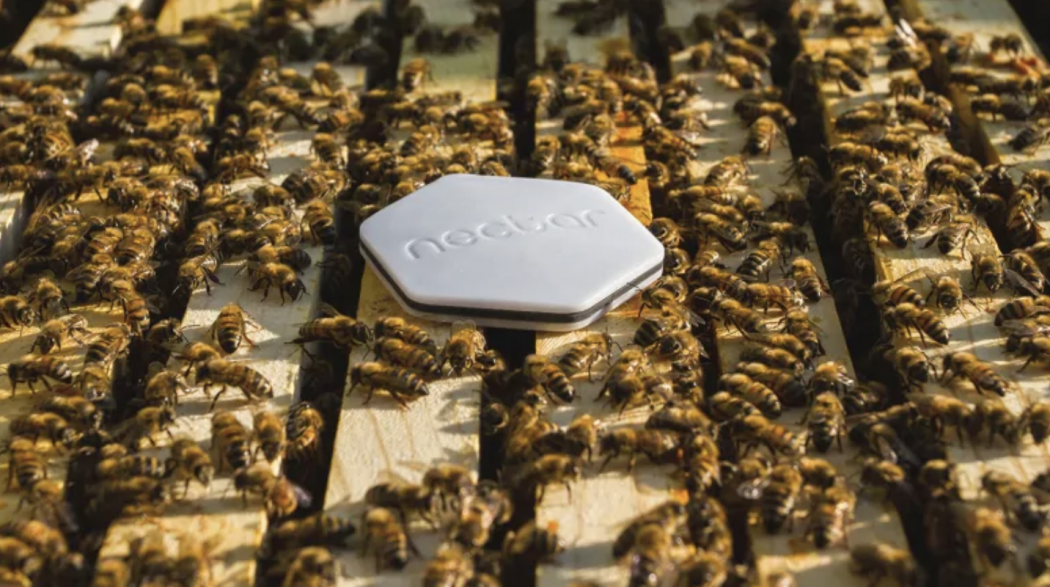It would not be an exaggeration to say that three months into 2020, we are currently experiencing the most eventful year in recent history. At the beginning of the year, President Trump gave everyone a scare when the U.S. and Iran got into fisticuffs, which many feared would have led to a legitimate world war. At this point, the Internet world was already going crazy, with nonstop memes about conscription and World War 3. But then the death of Kobe Bryant both shocked and silenced the world. It was during this time that coronavirus began to pick up steam in China, and now, the COVID-19 pandemic has swept across the world, shutting down entire countries and leading to a premature end of this academic year at McGill.
Amidst all of this, it can be hard to slow down and take stock of our surroundings. Even though it feels like society is grinding to a stop, the natural world is still moving forward, and that has a number of implications. Animals are coming out of hibernation, the soil is becoming fertile again, and most importantly, bees are getting ready to come out of their hives.
You might be wondering where this is all going. The fact of the matter is that bees are not only key members of the global ecosystem, but they are also the core drivers of crop cultivation across the world. The mutual relationship that bees share with flowering plants leads to the pollination of new crops annually, and bees have become so crucial to crop cultivation that more than 80% of crops grown for human consumption depend on them. To simplify the role of a bee, think of it as the best wingman to ever exist. Each flower is a lonely heart looking for love, and bees introduce flowers to each other, spreading that love without discrimination.
A solution is necessary, or else the ecosystem will suffer irreparable damage…
Bees have such a direct impact on human life that they contribute more than $3,000 per hectare of crop production, culminating in a $4 trillion contribution to the world economy on an annual basis. However, as human society has continued to evolve, ecosystems have been permanently affected, and that includes the bees. In 2007, colony collapse disorder wiped out a third of all U.S. honeybee colonies, shocking beekeepers across the country. The disorder is still not fully understood, and 40% of colonies have been dying every year. Bees are one of the many species currently facing extinction, and a solution is necessary, or else the ecosystem will suffer irreparable damage.
One company that is actively looking for a solution is the Montreal-based startup, Nectar. Run by a combination of beekeepers, engineers and computer programmers, Nectar was founded in 2016 as an innovation-driven company with the goal of providing beekeepers across Canada with a sustainable solution to the serious problem they are all facing. After winning the People’s Choice Award at a food tech pitch competition organized by Foodbyte! in 2017, Nectar has continued to innovate and expand. Just last September, it raised 1.1 million CAD in a seed round of investing, with angel investors like Real Ventures, Upper Canada Equity Fund and First Stone Venture Partners participating.
The technology that Nectar has developed is designed to deliver real-time, accurate data about the bees, the hive itself, and outside conditions as well. Beekeepers can then use this data to make effective decisions that will optimize workflow, maintain the health of the hive, and ensure that their bees can continue to do their job. As of now, their solution consists of the Beecon, the BeeHub, and the BeeTag. The Beecon is a slim, metal sensor that is placed inside the hive to collect live data on bee conditions. The BeeHub is a separate module that gathers this data, sends it to a cloud network where the data is processed and translated into useful insights. Finally, the BeeTag is used to visually represent where each hive is located in the farm.
The technology that Nectar has developed is designed to deliver real-time, accurate data about the bees, the hive itself, and outside conditions as well.
The world is changing at an astonishing pace, and 2020 will be remembered as the year that sparked this rapid change around the world. As this wave of uncertainty encompasses the world, it is easy to lose track of the seemingly insignificant issues, like the looming extinction of honeybees. Companies like Nectar are the ones trying to tackle these issues right now, and these kinds of startups, especially based in Montreal, are the ones that McGill students should be supporting. It’s time to “bee” the difference.








